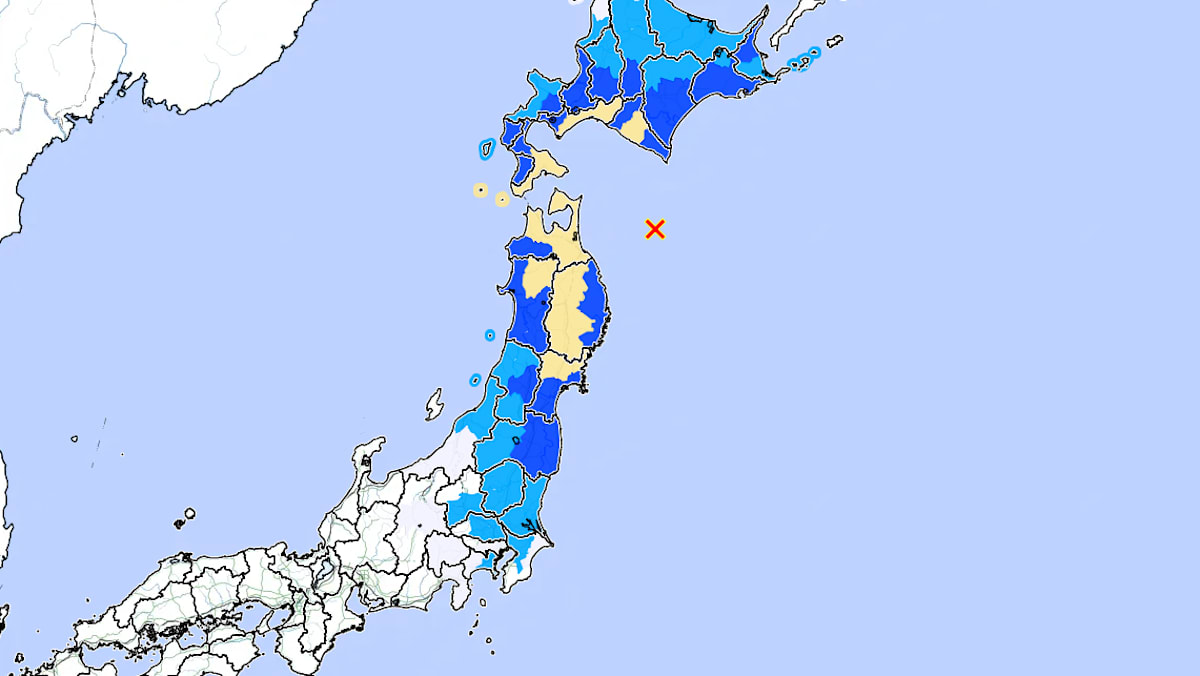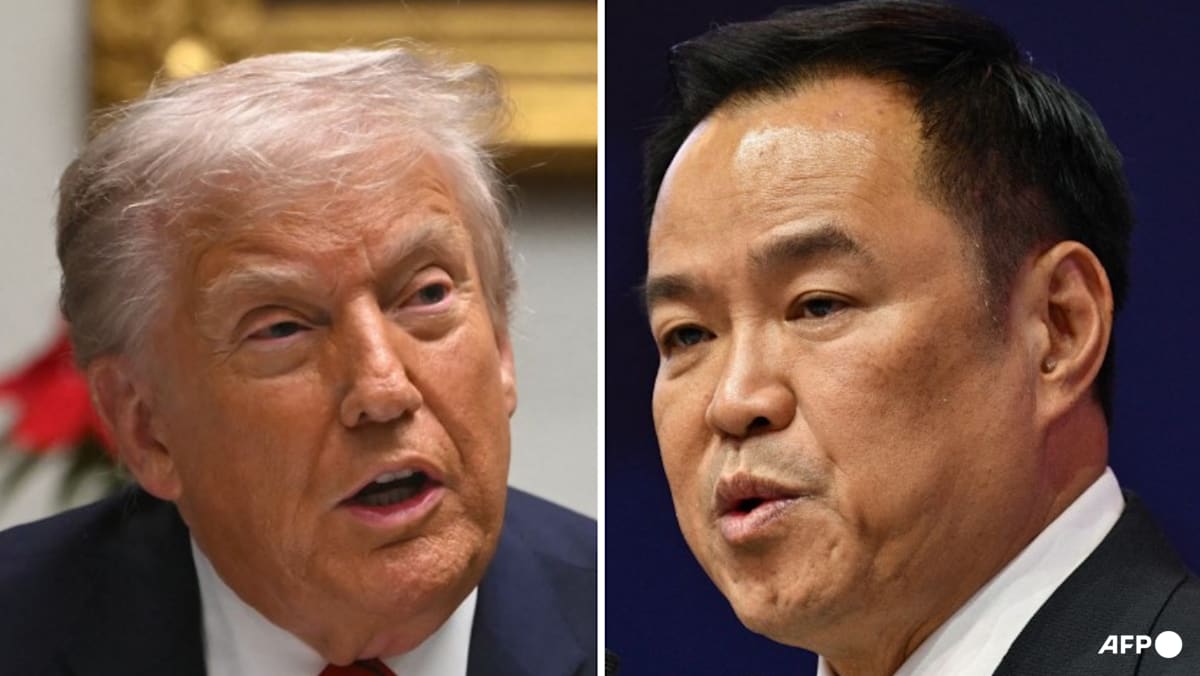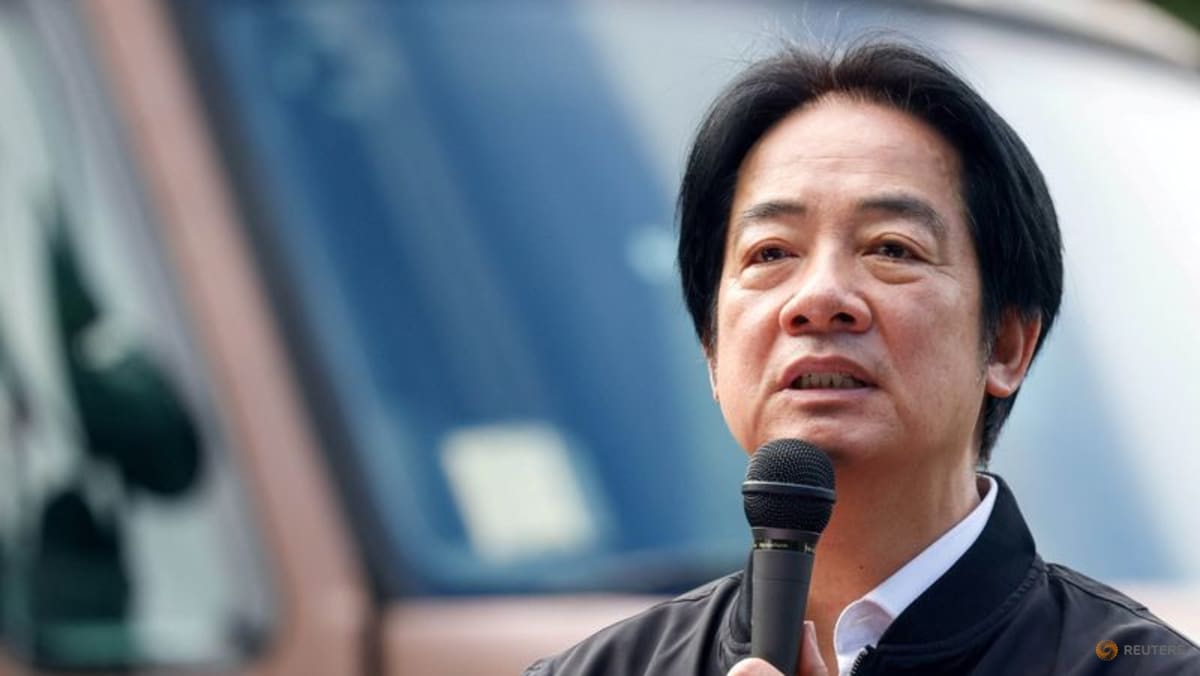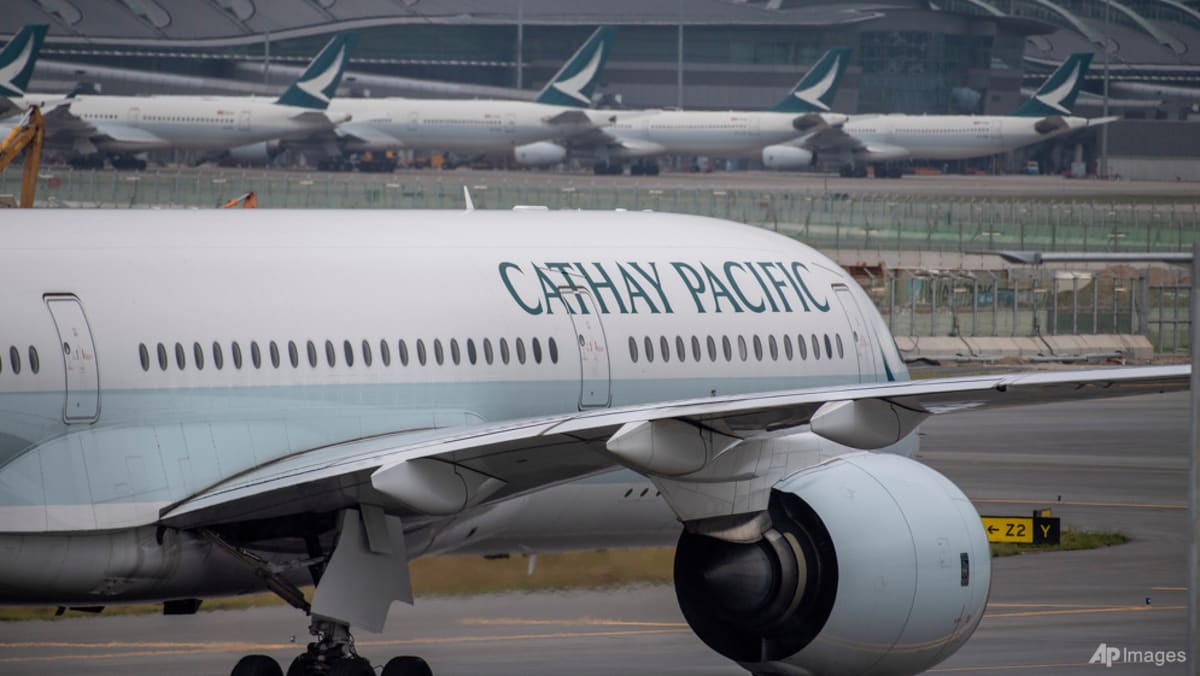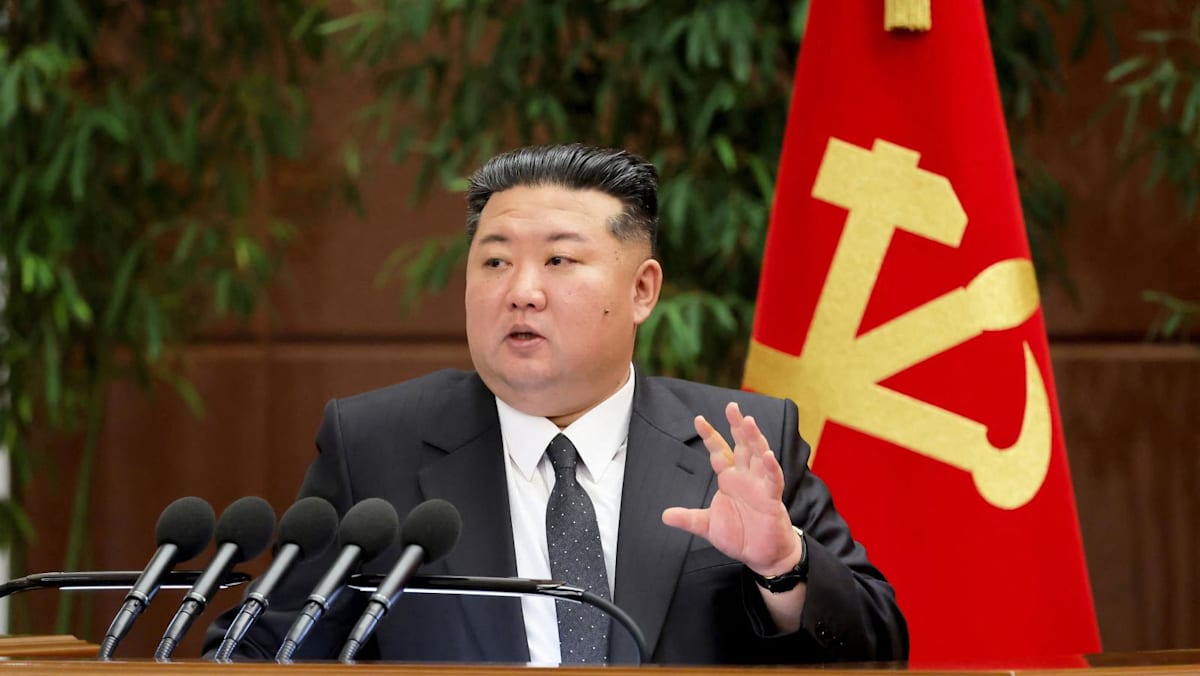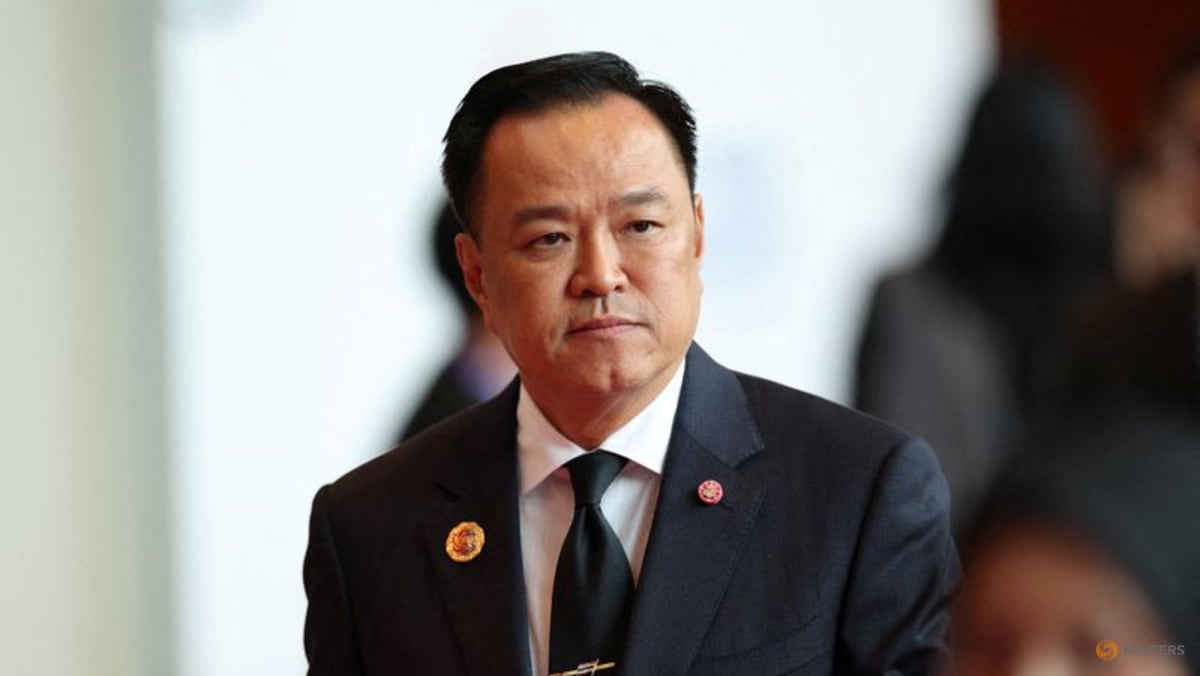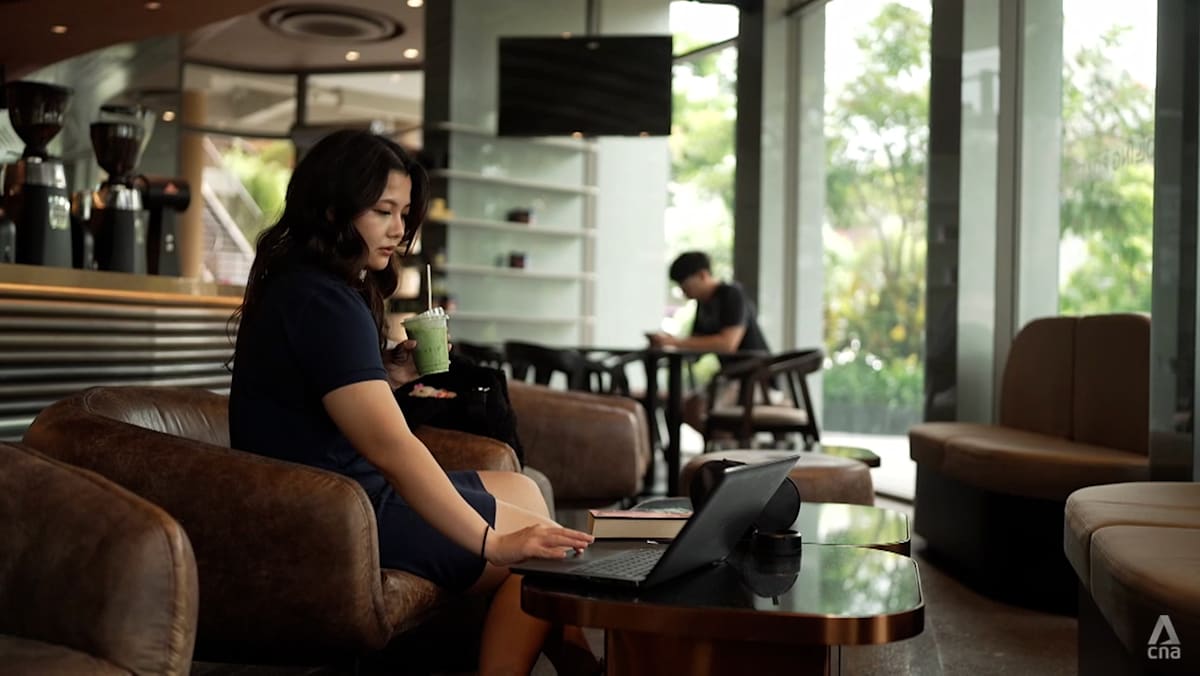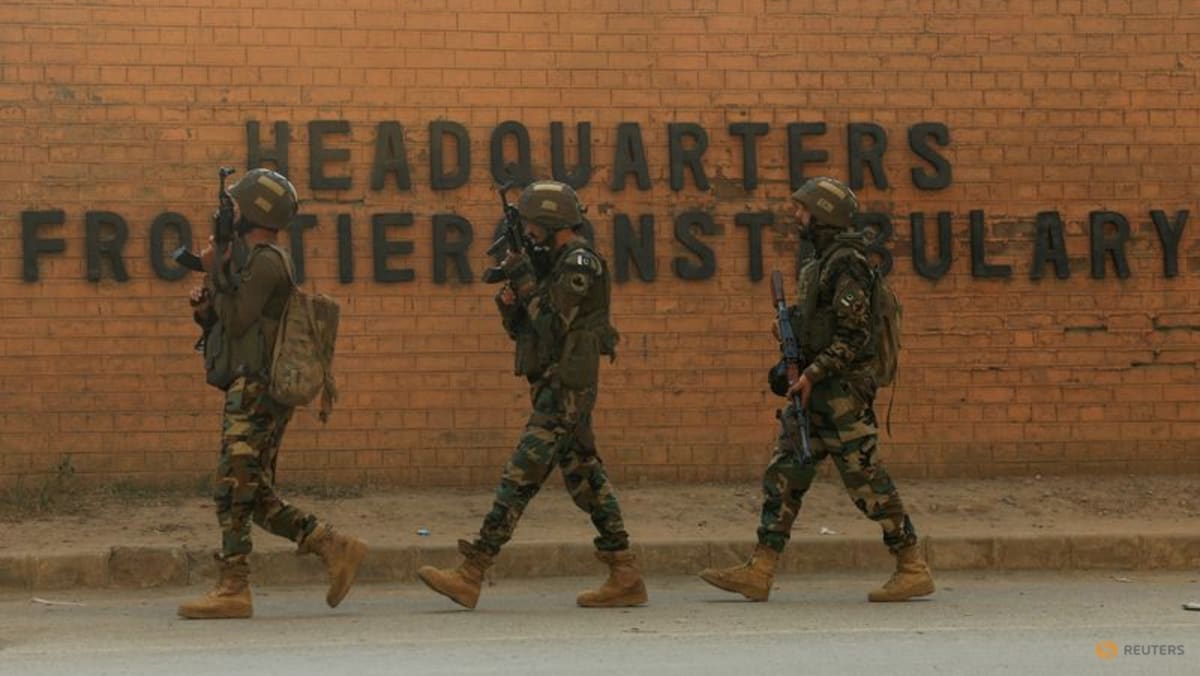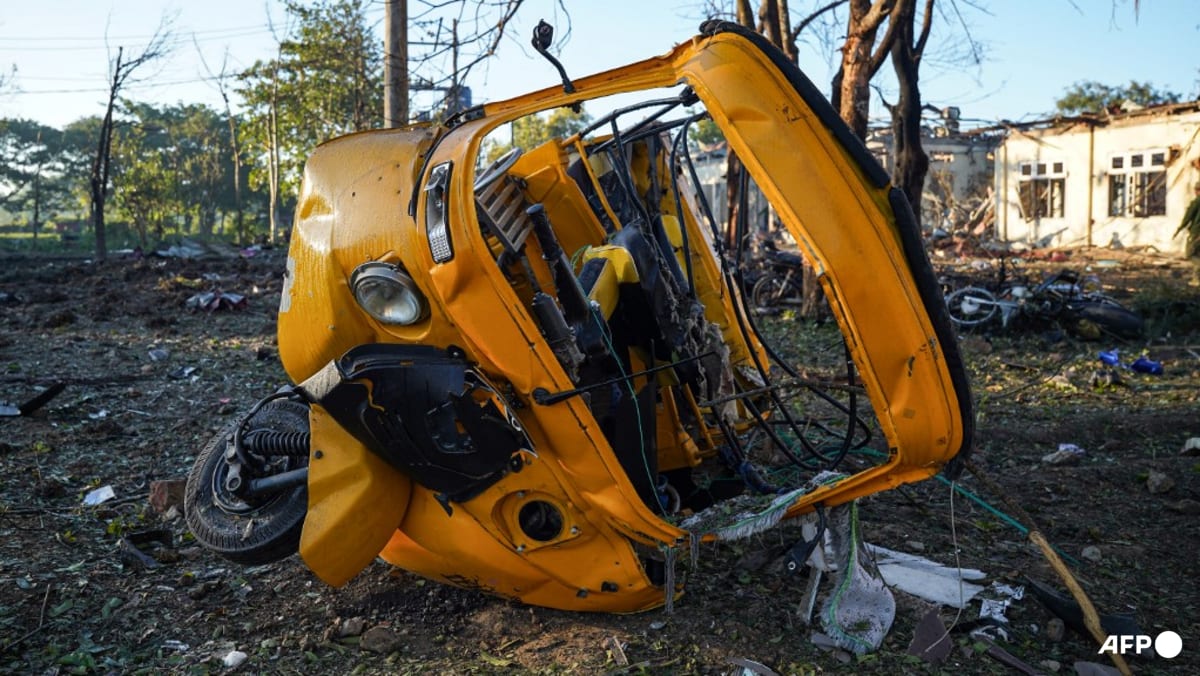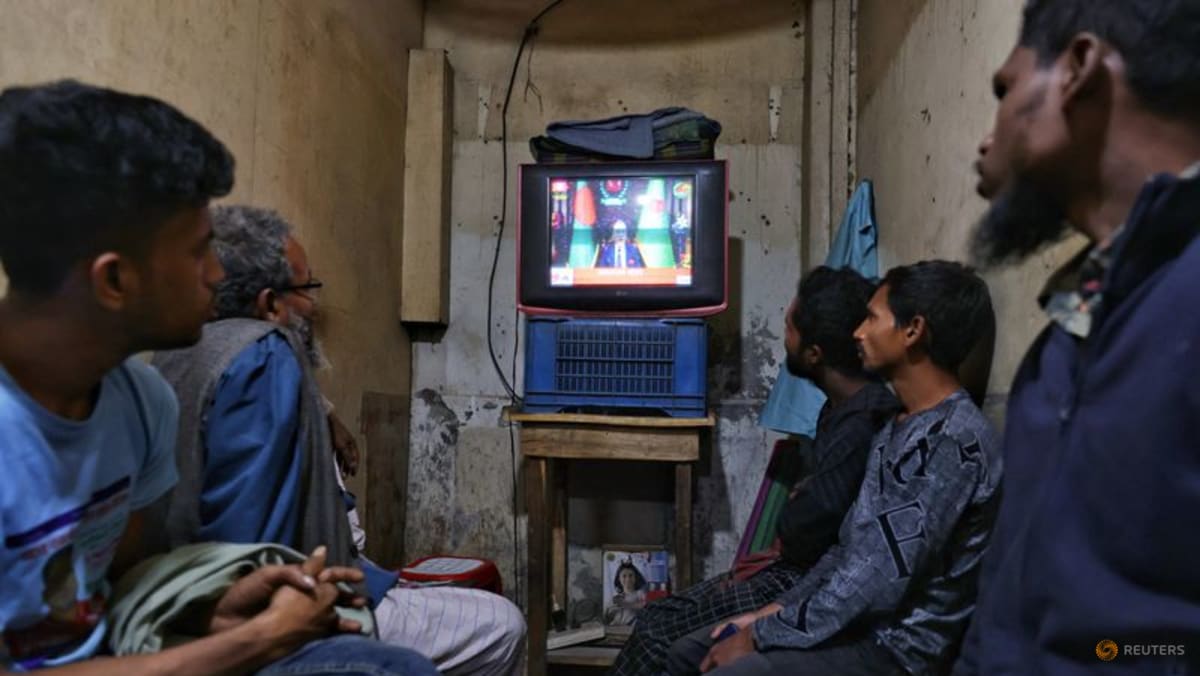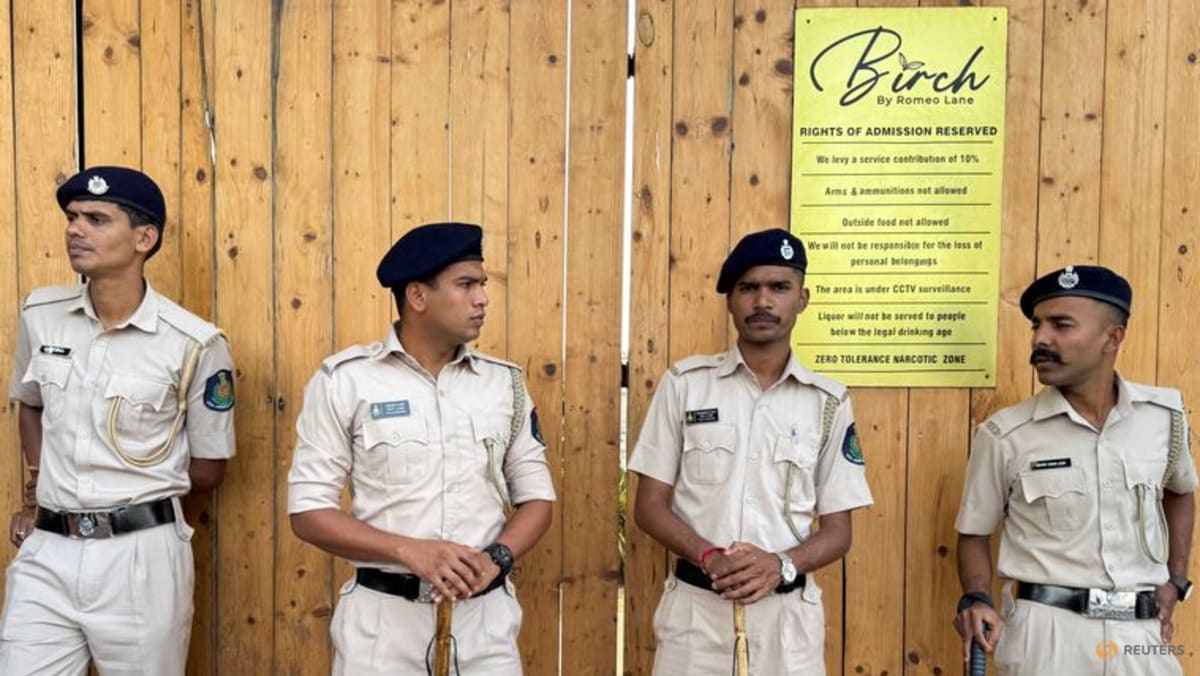Commentary: In South Korea, the mere mention of feminism can end a conversation

BURNING SUN SEX SCANDAL
The situation is further exacerbated by rising violence against women. According to a 2023 report in The Korea Times, crimes against females rose to 28,228 in 2021 from 16,006 in 2007. Additionally, 86.7 per cent of victims of violent crimes in Korea were women from 2011 to 2020.
The Burning Sun sex scandal of 2019 that involved high-profile K-pop stars is an example of the issues plaguing South Korean society.
The scandal, centred around the Burning Sun nightclub in Gangnam, Seoul managed by former megastar Seungri from BigBang, involved drug-fuelled sexual exploitation, gang-rape and illegal filming and sharing of those acts by well-known figures such as singer-songwriter Jung Joon-young and celebrity Choi Jong-hoon. The scandal also revealed collusion between various celebrities and the police.
The sexually explicit videos and images of unconscious women were disturbing, and reflected a pattern of dehumanising, incapacitating, loathing, and objectifying of women.
Seungri was convicted on multiple charges including procuring prostitutes for potential investors and served an 18-month jail sentence. He was released in February 2023. Choi was released in 2021 after serving two years and six months, and Jung was released in March this year after serving five years.
The case returned to the spotlight recently after a BBC documentary released in May revealed the high personal price suffered by the two female journalists who exposed the scandal.
Viewed as feminists waging an unsubstantiated assault against innocent K-pop stars, Kang Kyung-yoon and Park Hyo-sil were harassed both online and offline. They endured abusive comments, death threats and phone calls in the early hours. During this time, Park suffered two miscarriages.
Source: CNA


